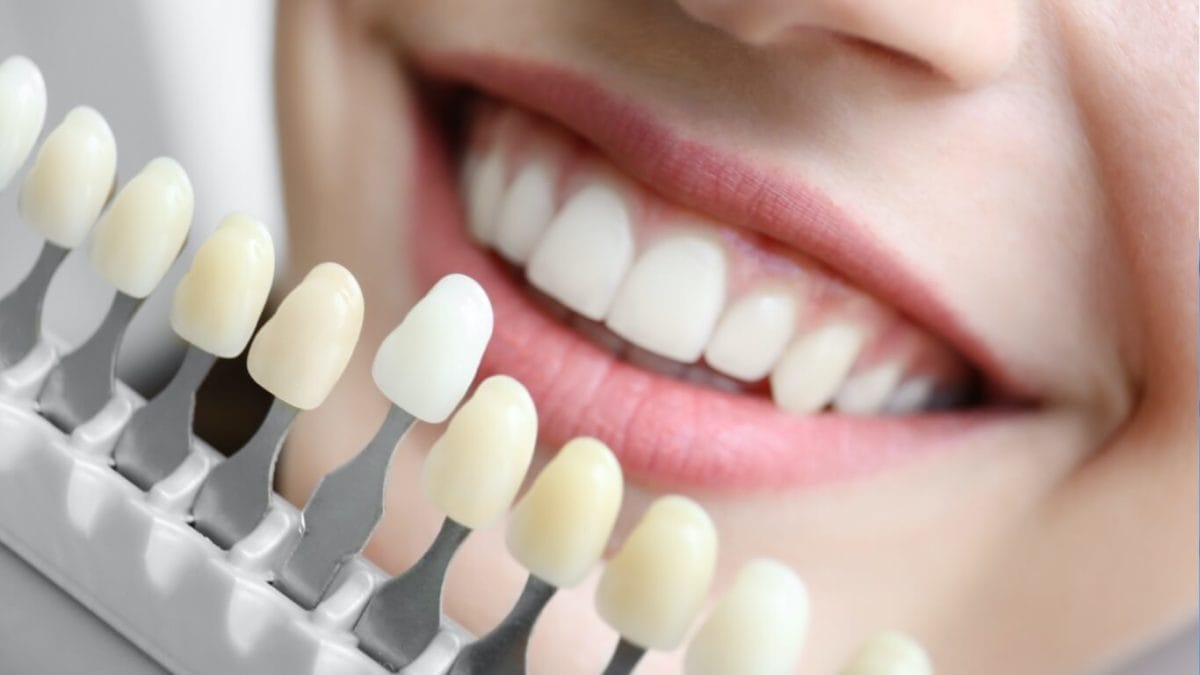
Veneers are one of the most popular cosmetic dentistry treatments, offering a way to achieve a flawless smile by covering imperfections like discoloration, chips, and minor misalignments. However, many patients hesitate to get veneers due to concerns about pain or discomfort during and after the procedure. If you’re considering veneers but wondering whether they hurt, this guide will walk you through everything you need to know.
Understanding the Veneer Procedure
The process of getting veneers involves multiple steps, and each stage varies in terms of potential discomfort. During the initial consultation, your dentist will evaluate your teeth, discuss your cosmetic goals, and determine if veneers are right for you. The actual procedure typically requires some preparation of the natural tooth structure, which can involve removing a thin layer of enamel.
Some patients report slight sensitivity during this phase, as the enamel removal is necessary for a proper fit. However, a local anesthetic is usually applied to minimize discomfort. If you’re worried about pain, be sure to discuss numbing options with your dentist.
Does Getting Veneers Hurt?
Pain tolerance varies from person to person, but in most cases, patients experience little to no pain when getting veneers. The procedure is minimally invasive, and modern techniques make it as comfortable as possible. Some factors that can influence discomfort levels include:
- Tooth Sensitivity: If you already have sensitive teeth, you may experience mild discomfort after the enamel is removed.
- Number of Veneers: If you’re getting a full set, you may experience a longer procedure, which could cause temporary jaw soreness.
- Use of Anesthetic: Most dentists use local anesthesia to keep the process pain-free.
What to Expect After the Procedure
Once the veneers are placed, it is common to experience some mild soreness, especially around the gums. This discomfort usually subsides within a few days. Patients might also notice temporary sensitivity to hot or cold foods, which is a normal reaction as the teeth adjust. If you experience prolonged pain, it could indicate an issue with the fit or bonding of the veneers, and you should consult your dentist.
A helpful tip is to avoid extremely hot or cold foods in the first few days after the procedure. According to this guide on post-dental procedure care, proper aftercare can significantly reduce discomfort.
Are There Any Long-Term Side Effects?
Veneers are designed to be a long-lasting cosmetic solution, but it’s important to maintain good oral hygiene to avoid issues. In rare cases, patients may develop gum irritation or sensitivity if the veneers are not properly fitted. Regular dental check-ups will ensure that your veneers stay in optimal condition.
Additionally, choosing an experienced dentist is crucial. Poorly placed veneers can lead to bite issues and discomfort. This is why it’s essential to have your veneers applied by a skilled professional. You can read more about the importance of selecting a qualified cosmetic dentist in this article about veneer application.
Tips for a Smooth Recovery
To minimize discomfort and speed up recovery, consider the following tips:
- Stick to soft foods for the first 24 hours after the procedure.
- Avoid biting directly into hard foods like apples or carrots.
- Use a toothpaste designed for sensitive teeth if you experience post-procedure sensitivity.
- Follow up with your dentist to ensure proper fit and function.
Tuan Pham DDS: Expert Veneer Application in Redlands, CA
If you’re considering veneers and want a pain-free, professional experience, Tuan Pham DDS is here to help. With extensive experience in cosmetic dentistry, we ensure your procedure is comfortable and delivers stunning, long-lasting results. Whether you need a single veneer or a full smile makeover, our team provides expert care in Redlands, CA. Schedule a consultation today to take the first step toward your perfect smile.


